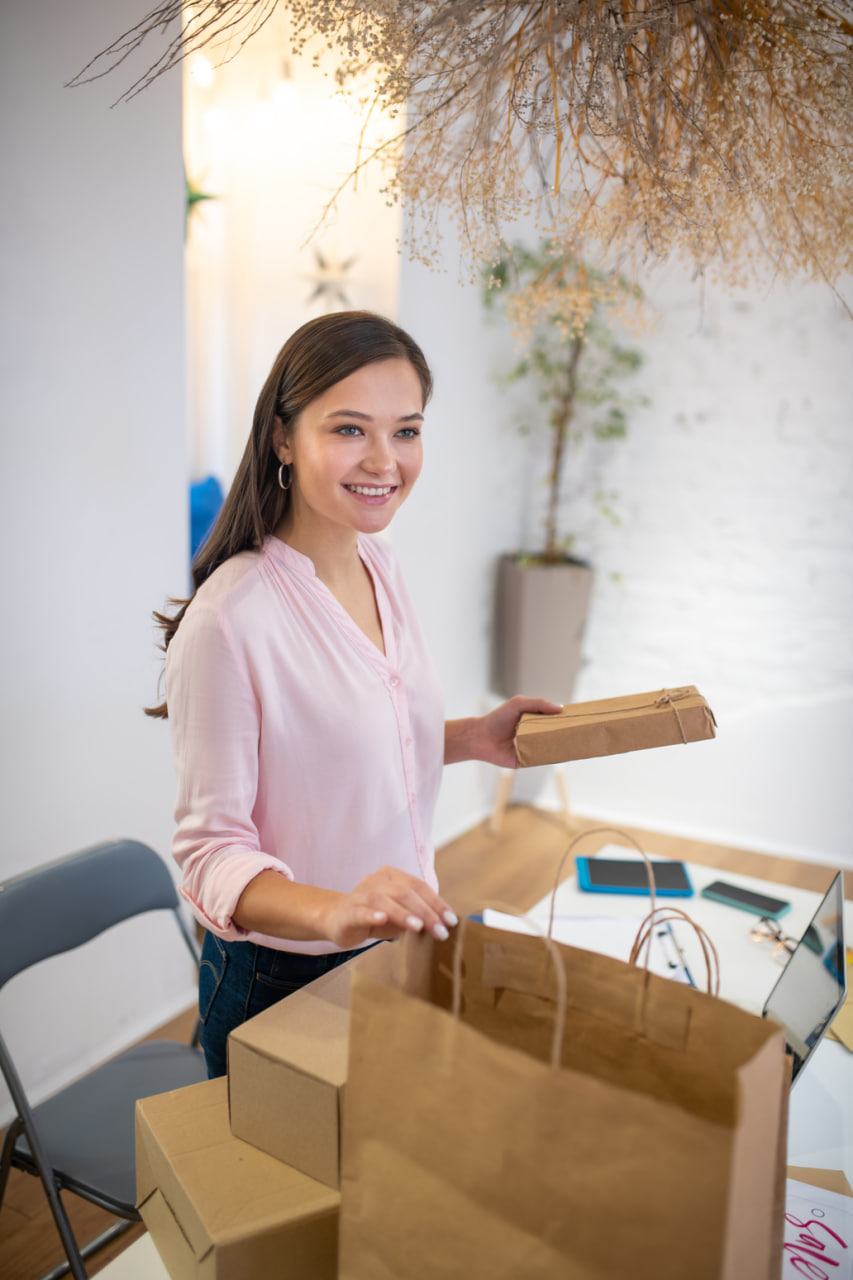Phone:
(701)814-6992
Physical address:
6296 Donnelly Plaza
Ratkeville, Bahamas.

In a world flooded with mass-produced plastic, small brands face a unique challenge — and a powerful opportunity. The way you package your product isn’t just about protection or convenience; it’s about communicating your values. It’s the first touchpoint your customer has with what you offer. And more and more, people want that experience to be human, honest, and aligned with a sustainable future.
Handmade, plastic-free packaging offers a chance to do just that. It’s more than an aesthetic choice. It’s a business decision that sets your brand apart in an increasingly conscious market. Whether you sell artisan candles, natural cosmetics, handmade ceramics, or local food items, the way you wrap and present your product becomes part of your story. It shows care, intention, and responsibility — qualities that can’t be mass-produced.
Why avoid plastic? Beyond the environmental damage — the landfill buildup, microplastic pollution, and carbon-heavy production — plastic also creates emotional distance. It’s smooth, sterile, and impersonal. Handmade packaging, on the other hand, invites touch. It carries texture, weight, and irregularity. A recycled paper wrap, tied with natural twine, feels alive. It suggests something crafted, something meant.
For small brands, this distinction is key. You don’t need to compete with big-box consistency or glossy perfection. You can choose uniqueness, character, and ethical transparency. Your packaging can reflect the values your customers share — simplicity, responsibility, and creativity. And in doing so, you create loyalty not just to a product, but to a mindset.
Creating handmade packaging also allows for flexibility and experimentation. You’re not tied to supplier minimums or factory timelines. You can source materials locally — cardboard boxes from neighboring businesses, newspaper end-rolls from print shops, offcuts from local textile makers. These discarded elements become building blocks. Each one different, each one reusable, each one capable of becoming beautiful through design.
Consider the tactile story your packaging can tell. The sound of unwrapping paper. The feel of stitched kraft board. The visual surprise of a handwritten note on a reused envelope. These are small details, but they’re the ones people remember. In an age of overnight shipping and forgettable unboxings, they offer something rare: pause, presence, and personality.
From a branding perspective, this tactile experience becomes an advantage. Customers share packaging online. They talk about the feel, the surprise, the ingenuity. “Look how this was wrapped!” is often followed by a photo, a tag, a story. Your packaging travels further than your product. And the more memorable it is, the more it gets shared — not in ad space, but through real, human excitement.
There’s also a deep alignment between handmade packaging and the handmade product. If you pour your own candles, why should your packaging come from a machine? If you grow herbs, bake sourdough, paint ceramics — then every layer of your offering, from item to delivery, can reflect that same commitment to care. Customers notice this integrity. They trust it. And that trust becomes the foundation for long-term relationships.
From a practical standpoint, you don’t need much to start. Scissors, glue, and creativity. Templates you can adjust. Simple closures made with folded flaps or natural fiber. Over time, you’ll build your own design language. You’ll learn what works — not just functionally, but emotionally. Because packaging, at its best, is not just a container. It’s a moment.
Of course, handmade packaging takes more time. But that time is visible. It’s part of what makes the result meaningful. A perfectly folded reused paper box says: “I did this myself — for you.” That level of intention turns something disposable into something memorable. In some cases, it even becomes reusable. A customer keeps the box, repurposes it, or displays it. You’ve not only avoided waste — you’ve added value.
At Eco Packaging Workshop, we see packaging as part of your voice. It’s quiet, but it speaks volumes. And when it’s handmade, plastic-free, and personal, it says things that mass production never can: that your product matters, that the person receiving it matters, and that the planet matters too.